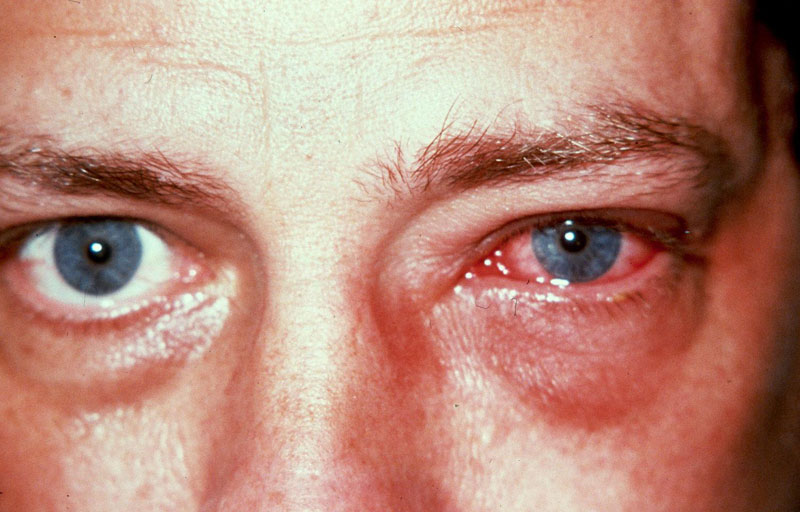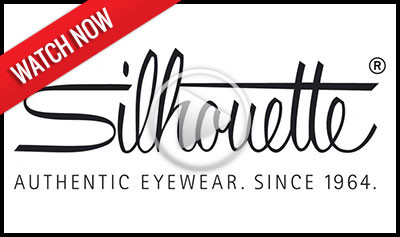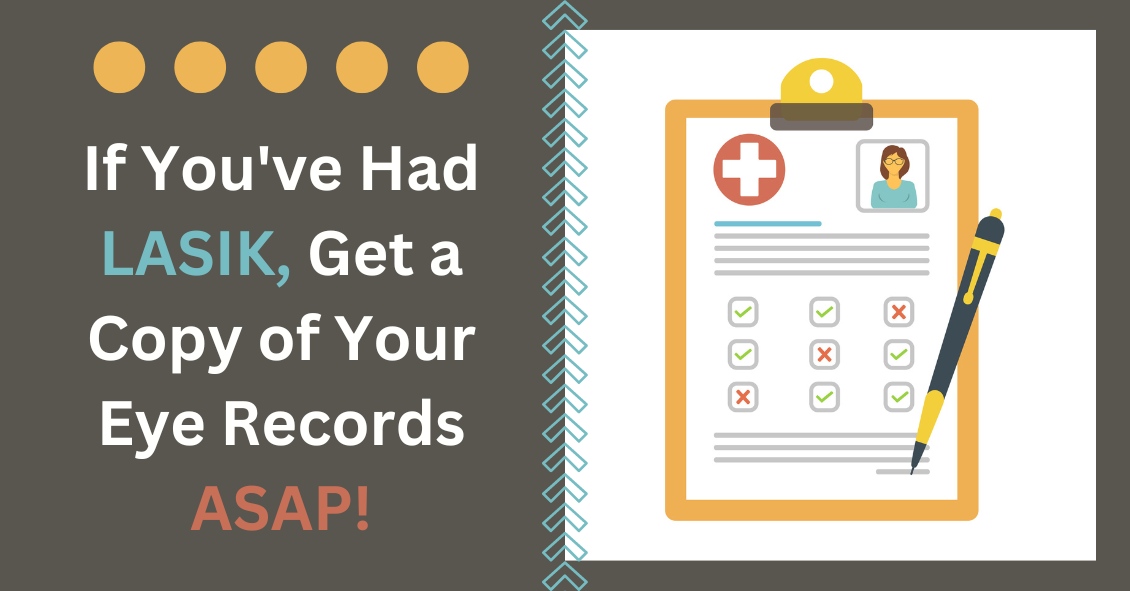The answer to the above question is....it depends. You most likely have been told that sleeping in your contact lenses is not a good idea and could cause some major problems. That can be true, but it is not necessarily always true. With the new materials that modern contact lenses are usually made from, silicone hydrogel, the problem is not hypoxia (lack of oxygen permeation). One could argue that the eye gets nearly as much oxygen with most "extended wear" lenses as is does without a lens on the eye. The problem lies in the cleanliness of the lens and surface deposits. As a contact lens sits on the surface of the eye, it is exposed to atmospheric debris, tears, and other foreign substances. Over the course of the day, these foreign elements will adhere to the surface of the lens. If the lens is not removed routinely and cleaned and disinfected, irritation can occur and lead to serious complications. Eye infections, especially the kind that affect the cornea, can lead to permanent damage to the eyes and vision.


Infection from contact lens abuse Healthy contact lens wear
If cleaning your contact lenses seems like too much work, you may want to consider daily disposable contact lenses that are worn once and thrown away.
There is, however, a type of contact lens that is actually prescribed to be worn overnight, on purpose! The difference in these contact lenses is that they reshape the cornea in order to change the refractive error. This only works with those individuals that are near-sighted and may have mild to moderate astigmatism. CRT lenses (corneal refractive therapy) are worn overnight and removed in the morning. After removal, the lenses are cleaned and disinfected during the daytime.
So, now you see why the answer is a little more complicated than you may have thought. It is important to discuss your individual needs with your eye doctor and make sure that you are compliant with the wear schedule that your eye doctor prescribes. Contact lenses come in many forms and can seem pretty complicated. It is the job of your eye doctor to take care of your eyes and prescribe the healthiest option for your needs. It is your job to comply. Remember, if you really want to wear contact lenses, you most likely can. Schedule an appointment with your eye doctor in order take advantage of the many healthy contact lens options that you have.
Brent B. Fry, O.D.







